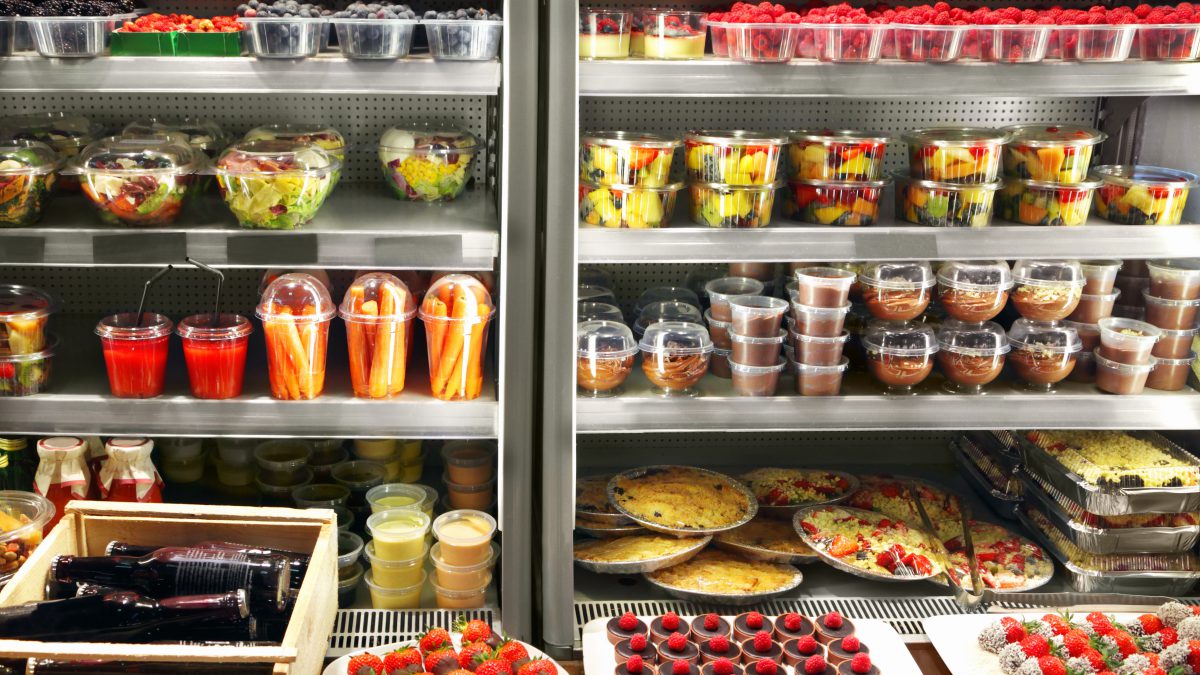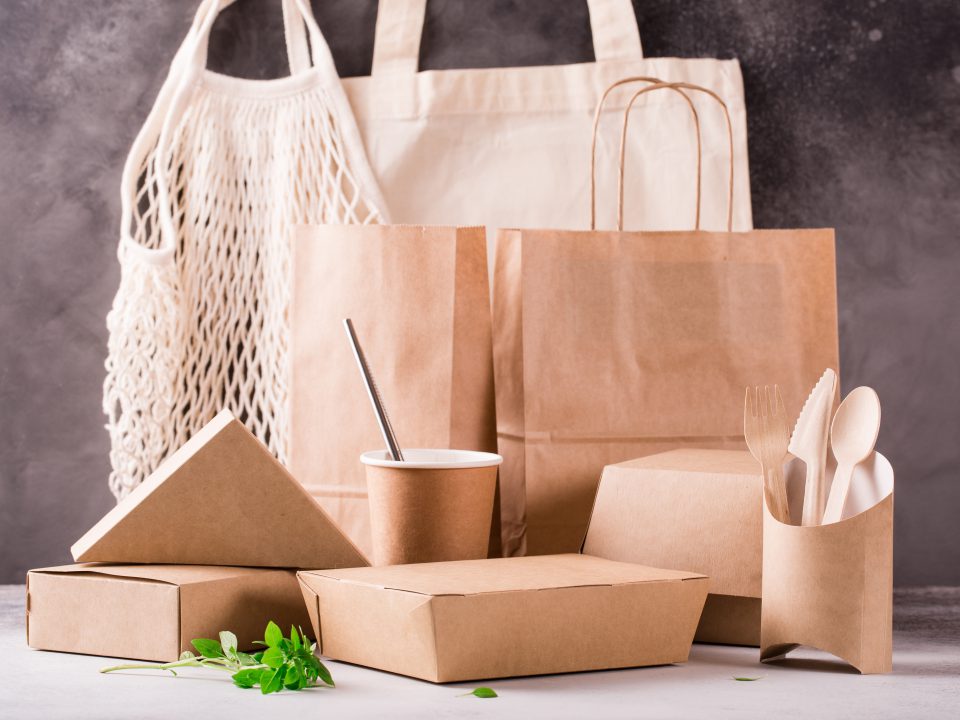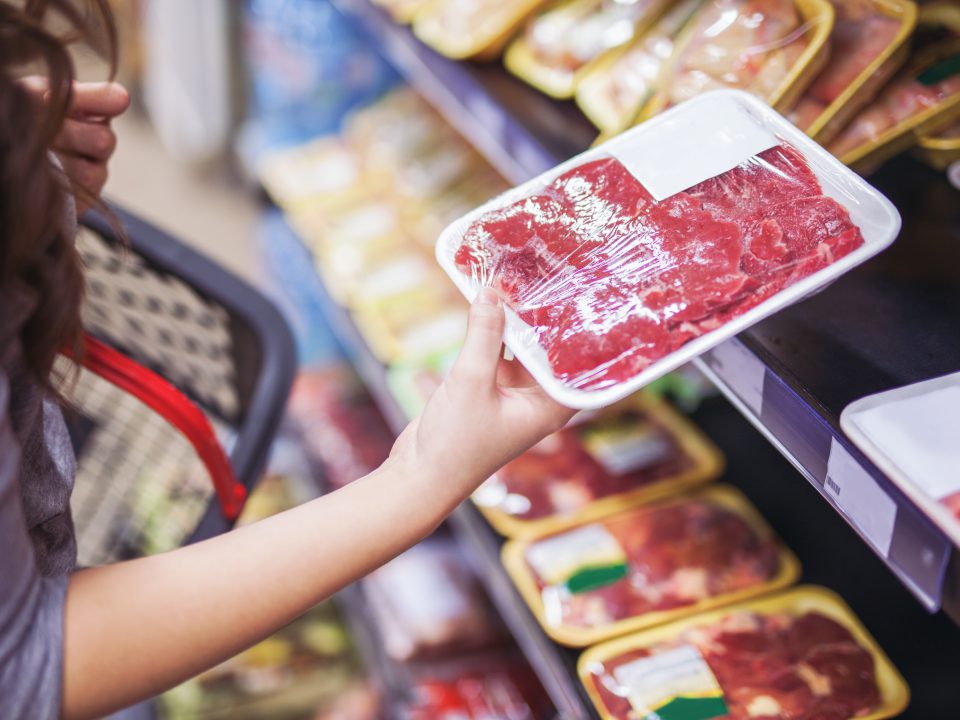
FROZEN FOOD PACKAGING TRENDS
April 1, 2020
HOW CAN ATTRACTIVE PACKAGING ENHANCE YOUR BAKERY PRODUCTS?
April 1, 2020The organic foods industry is brimming with new product ideas, from better delivery forms to inventive packaging. Many of these goods are produced by businesses that need the help of co-packers and contract manufacturers to introduce their concepts to the market. When it comes to food safety, many businesses may be unsure of what to enquire or expect. Here are the primary health considerations to reflect over when it comes to existing and future co-manufacturers:
1. SAFETY STANDARDS AND CLEANLINESS
The Co-Packer should conform to Government Food Safety Standards and have preventative control measures, traceability systems and a recall plan. It would be an added advantage to consult a food safety specialist to ensure that all the appropriate food safety measures are in effect. The Co-Packer should have the necessary certifications to back up label claims such as gluten-free, non-allergen, organic, kosher, etc. See whether they have an in-house facility for research or if they submit samples to outside laboratories for research. Discuss their research methods and any particular tests/protocols that you can need.
2. RESEARCH ABOUT THEIR HISTORY
You ought to extensively research all of the co-packers you’re considering. Know how long they have been working and determine their level of competence. Benefit from the network. Ask industries with similar requirements to yours regarding the interactions they have of co-packers working in your industry. Before deciding on a co-packer, study the health and quality systems they have set in place. Look if they’re performing quality checks on a regular basis, health protocols and regulations are in effect for employees, auditing of their facilities takes place often, etc. In the end, you will partner with a co-packer dedicated to keeping health and consistency a top priority.
3. EVALUATE THEIR FACILITIES AND PRACTICES
Ensure that the co-packer has the right staff and resources in order to achieve the best results for you. Look into the entire facilities to see precisely how the goods are manufactured and handled. Request to be on-site during the manufacturing process, as well as during the cleaning/sanitation of the unit. Check for health and hygiene signs in employees. Check the pest control measures inside and outside the building. During line cleaning, make certain if the equipment being utilized is non-contaminated.
4. REFERRALS
When picking a co-packer, ask for referrals and find out what their clients really have to say for them. You should also ask the co-packer for a list of clients to contact, particularly those with familiar criteria like yours. You may question them about their experience working with the co-packer, paying attention to decision-making, coordination and resolving in case of emergency/issues.
Co-packers are experts in what they do. Bear in mind that you are partnering with them so that you can dedicate more of your time, energy and resources to building up your business and brand. Ensuring that you are a partner of a distributor who is just as committed to your company and brand reputation as you are.
For more information visit Organic Co Packers



